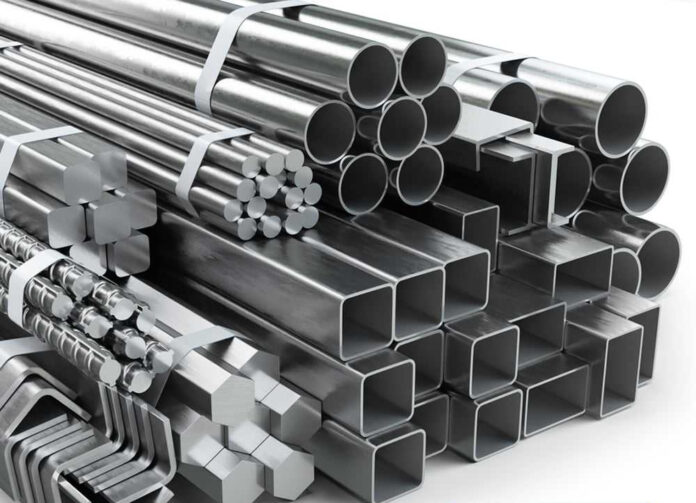ISLAMABAD: Rampant smuggling of steel from neighboring countries, namely Iran and Afghanistan, has the country’s already unhappy steel sector in a bind. Industry representatives have claimed that unchecked practice is pushing the nation’s currency value to the brink and sparking urgent calls for immediate action to salvage the domestic steel industry and protect the country’s economic future.
The Pakistan Association of Large Steel Producers (PALSP) has raised alarms over the authorities’ lack of effective measures to counter the menace of smuggling. Despite fervent appeals to the highest levels of government, the smuggling operations continue to thrive, inflicting staggering annual losses of over 25 billion PKR in tax revenues and foreign exchange reserves. Annually, around 5 lakh metric tons of steel are illicitly funneled into Pakistan from Iran and Afghanistan, leading to the rapid depreciation of the Pakistani Rupee and destabilizing the economy.
“Unchecked steel smuggling is causing severe damage to our economy, eroding the value of our currency, and undermining our domestic industries,” warns Wajid Bukhari, Secretary General of PALSP. “Failing to address this issue will have dire consequences for our present and future.”
One significant consequence of the unregulated smuggling is its impact on the open market USD rates, resulting in a surge in interbank rates. While some financial experts suggest increasing interest rates to control interbank rates, PALSP argues that such measures could inadvertently harm the legal, tax-paying sector and exacerbate smuggling. This approach, instead of addressing the root problem, could compound pressure on open market USD operations.
The repercussions of this inaction are already visible. The unchecked steel smuggling has contributed to a drastic fall in the Pakistani Rupee’s value, pushing the open market USD rate to an alarming 325. As smuggling operations flourish, legitimate manufacturers within the interbank sector struggle, leading to market distortions.
“Declaring a war on smuggling is not merely a choice; it is an imperative to safeguard our country’s economic future,” stresses Bukhari. “Our financial stability and the prosperity of generations are at stake.”
Beyond its economic toll, the smuggling crisis erodes the rule of law and accountability. Reports of official complicity and corruption underscore the systemic challenges aggravating the issue. PALSP emphasizes the need for comprehensive measures, including diverting steel imports exclusively to sea routes, enhancing surveillance, digitizing processes, and imposing strict penalties for complicity.
The consequences of this illicit trade extend to terrorism-related activities, raising international concerns, including Pakistan’s standing with the Financial Action Task Force (FATF)
The smuggling crisis has dealt a severe blow to the domestic steel industry, particularly in Baluchistan. Smuggled, untaxed Iranian billets have flooded major city markets, undermining local producers. The situation’s gravity lies not only in economic losses but also in the erosion of the rule of law. The lack of weighing bridges and scanning facilities at Baluchistan’s border checkpoints has emboldened smuggling networks. Allegations of official involvement and corruption deepen concerns.





When these steel dealers were hoarding and charging the rates as per their likings, no hue and cry was raised. Now, since they forsee their falling profits which have always remained unchecked, they have started to sell the rhetoric of Rupee devaluation.
There is no doubt that smuggling undemines the economy but there is no denying the fact either that undue profit charging would divert the buyers to the smuggled steel products. But natural, its a reciprocal process. Steel dealers should learn a lesson from this crisis.